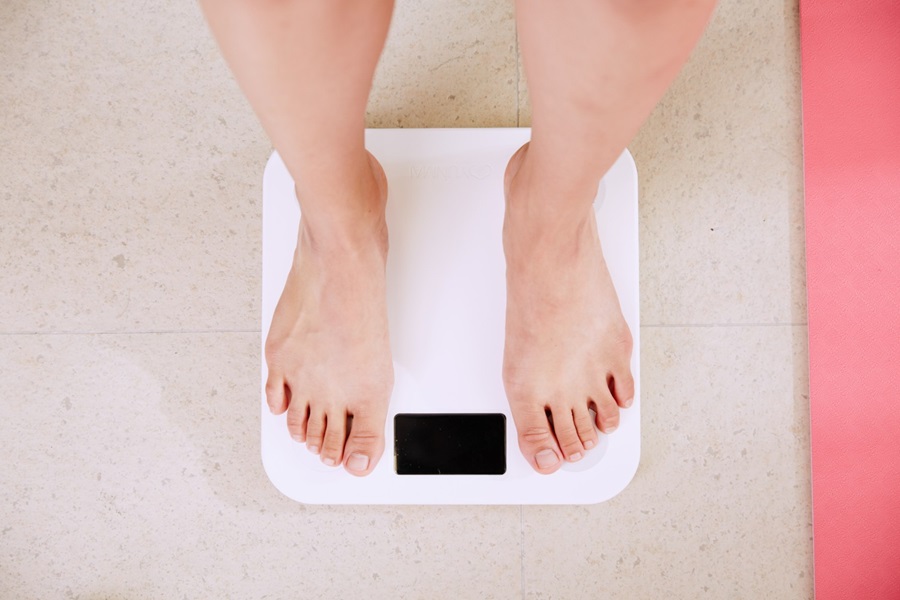As revealed in a recent report, Kantar’s TGI Consumer Data shows that 51% of adults agreed ‘I should do a lot more about my health’, up from 46% in 2015. 35% of British consumers agreed ‘I don’t take care of myself as well as I should’. In 2015 this was 30%.
Similarly, the proportion of adults who agree ‘Most of the time I’m trying to lose weight’ has risen from 32% in 2015 to 38% today. 45% of women subscribe to this attitude, compared to 30% of men. 10 years ago, 20% of men held this view, whilst the figure for women was 38%.
According to Kantar’s National Health and Wellness Survey from 2018, 56% of the UK population is overweight or obese (with a BMI of more than 25). Interesting, 60% of men are overweight/obese compared to 53% of women – but it is women who are more inclined to be taking steps to lose weight: 47% in this study, vs 35% of men.
Who is trying to lose weight?
Those who claim to be losing weight most of the time share certain characteristics, according to the TGI data. They are particularly conscious of their appearance and how they come across to others: 47% more likely than the average adult to agree that they like it when their nails attract attention, 40% more likely to agree that wearing make-up makes them more self-confident, and 39% more likely to say they like others to look at them.
However, they are 38% more likely to admit to worrying a lot about themselves and 35% more likely to agree to worrying about failing their children.
Lightspeed research shows that the UK is one of the countries where concern for nutrition is highest. Around 80% of UK adults said they check nutrition labels on food and drink. Of that segment, 60% say they “always read the nutrition labels before purchasing and consuming a product” (as opposed to just “sometimes”); this compares to 49% in the US and just 30% in the Netherlands. China and India were higher at 68%. In every country in the study, females, and those aged 30 to 39, were most likely to consistently check labels.
While 48% of global label-checkers claimed to check labels for calorie content, a massive 60% said their focus would be the amount of sugar.
Source : Kantar

